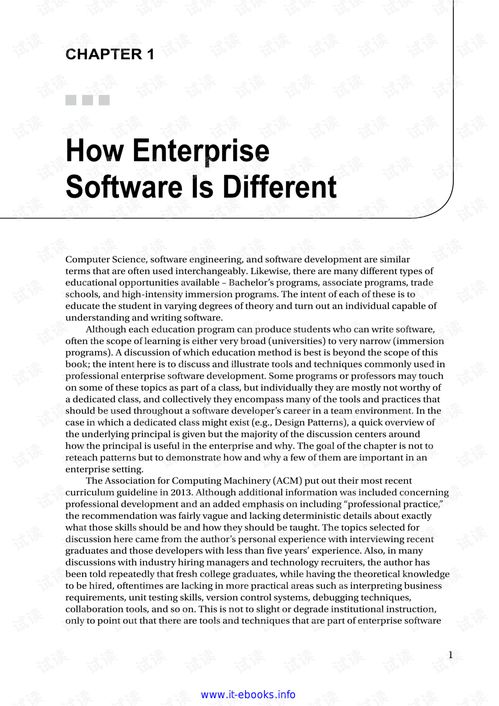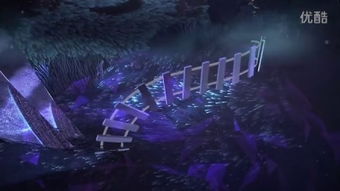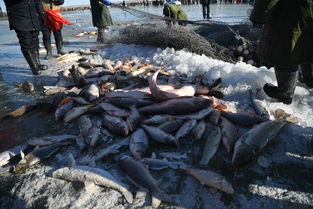Content:
Lure fishing, also known as spinning or casting, is a popular and exciting method of catching fish. It requires a combination of skill, patience, and knowledge of the techniques involved. If you are a beginner looking to learn the art of lure fishing, this article will provide you with some valuable tips and advice to help you get started.
Choose the right equipment
The first step in learning lure fishing is to invest in the right equipment. Here are some essential items you will need:
a. Rod and reel: A lightweight spinning rod and reel combination is ideal for beginners. Look for a rod with a fast action and a reel with a smooth drag system.

b. Lures: Start with a variety of basic lures, such as crankbaits, spinnerbaits, and jigs. These lures are versatile and can be used in various fishing environments.
c. Line: Use a monofilament line with a breaking strength of 6 to 12 pounds. This line is flexible and provides enough stretch to handle sudden strikes.
d. Hooks: Choose hooks that match the size of your lures and are suitable for the type of fish you are targeting.
e. Tackle box: Keep your tackle organized in a tackle box with compartments for different types of lures, hooks, and other accessories.
Learn the basics of casting
Casting is a fundamental skill in lure fishing. Here are some tips to help you improve your casting technique:
a. Hold the rod correctly: Grip the rod with your index finger and thumb near the reel seat. Keep your wrist relaxed and let the rod do the work.
b. Use a false cast: Start by making a few false casts to load the rod with line. This will help you get a feel for the rod's action and power.
c. Aim and cast: Aim your rod at the target and cast with a smooth, continuous motion. Try to keep your casting arm straight and your wrist firm.
d. Adjust your casting technique: Practice different casting techniques, such as the overhead cast, sidearm cast, and roll cast, to improve your accuracy and distance.
Understand the fish's behavior
To be successful in lure fishing, it's essential to understand the behavior of the fish you are targeting. Here are some tips to help you learn more about the fish:
a. Research the species: Learn about the habits, preferences, and feeding patterns of the fish you want to catch. This information will help you choose the right lure and technique.
b. Observe the water: Pay attention to the water's color, temperature, and flow. These factors can influence the fish's behavior and where they are likely to be found.
c. Use local knowledge: Talk to experienced anglers or locals who fish the area. They can provide valuable insights into the best fishing spots and techniques.
Practice your retrieve technique
The retrieve technique is crucial in lure fishing, as it determines how the lure moves through the water and how it triggers a fish to strike. Here are some tips to help you master your retrieve:
a. Start slow: Begin with a slow retrieve to allow the lure to sink and settle in the strike zone.
b. Vary your retrieve: Mix up your retrieve speed and cadence to mimic the natural movement of prey. Experiment with different retrieves to see what works best.
c. Watch for strikes: Pay close attention to the line and rod tip for any signs of a strike. Be prepared to set the hook quickly and firmly.
Develop your patience and persistence
Lure fishing can be challenging, especially for beginners. Developing patience and persistence is essential to succeed. Here are some tips to help you stay motivated:
a. Set realistic goals: Start with achievable goals, such as catching a certain number of fish or mastering a specific technique.
b. Keep practicing: The more you practice, the better you will become. Don't be afraid to experiment with different lures, techniques, and locations.
c. Learn from your mistakes: Analyze your fishing experiences and learn from your mistakes. This will help you improve your skills and increase your chances of success.
In conclusion, learning the art of lure fishing requires dedication, practice, and a willingness to learn. By following these tips and developing your skills, you will be well on your way to becoming a proficient lure fisherman. Happy fishing!












